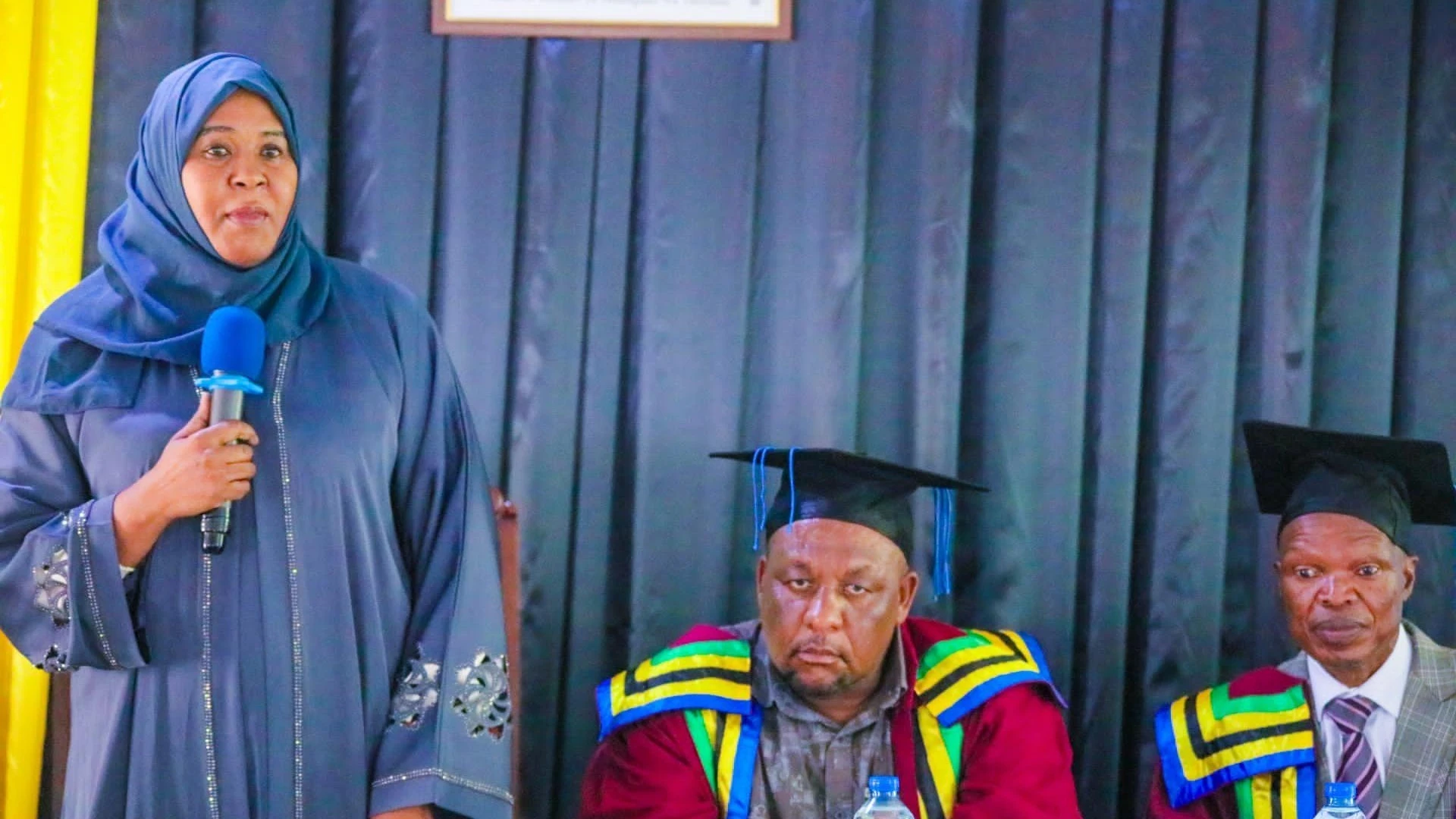Need for teachers to be computer literate for improved performance

THE teaching profession involves a wide range of critical duties. A teacher’s ability to perform these tasks effectively and efficiently is key to success in the teaching and learning process.
Efficiency stems from the right blend of knowledge and skills. In today’s digital world, one area that significantly contributes to a teacher’s effectiveness is computer literacy. Teachers need to carry out their responsibilities using computers.
Modern teaching methods increasingly rely on technology, making computer literacy essential for teachers. Students possess different learning styles and respond to diverse ways of content presentation. For instance, using videos is encouraged to enhance the relevance of lessons.
Downloading and storing videos requires basic computer knowledge. Most learners become more engaged when they encounter real-life visuals or experiences. Computers help bring such realities into the classroom, capturing students’ attention more effectively. This underscores the importance of teachers being computer literate.
Beyond teaching, teachers are responsible for numerous other duties that can be simplified through computer use. Sticking to outdated teaching methods can lead to burnout and diminished enthusiasm due to the unnecessary effort required.
Success is often measured by how efficiently time and effort are used. Computers simplify tasks, enabling less effort to produce more effective outcomes within a shorter time. Those who manage their time well tend to succeed.
When teachers use computers to manage their time efficiently, they can instill this habit in learners, positively influencing society. Since students often imitate teachers, schools become key places for shaping responsible behavior.
Society places high expectations on teachers—expectations that can only be met if teachers willingly and proactively acquire relevant skills like computer literacy. Teachers must embrace their role in transforming society by staying updated with vital knowledge and skills.
Computer literacy allows them to help students adapt to the continuous changes brought about by technological advancements. This makes teachers more relevant and boosts their credibility and ability to positively impact society.
Promoting computer literacy among teachers should be a top priority due to the many benefits it offers to the teaching and learning process—the very foundation of schooling. These benefits include:
Accessing new knowledge
A teacher's motivation often stems from their confidence in the subject matter they teach. The internet is a rich source of both content and teaching techniques. To access this knowledge, teachers must be computer literate.
Learners often assume that their teachers know everything, a belief that pushes educators to continually grow their competence. Computer literacy enables teachers to access current and relevant information, making them more effective and appealing to students seeking new knowledge.
Computing academic results
Assessing students is essential to track their progress. With computer skills, teachers can calculate and organize results quickly and accurately. Academic performance is a major motivator for learners. Teachers who are computer literate can process results efficiently, giving them time for other important tasks.
Unlike manual calculators, computers provide accurate, timely results once formulas are correctly input. This efficiency makes computers a valuable tool in academic assessments.
Managing academic and school records
Computer literacy enables teachers to record, store, and share academic data and other school-related information efficiently. Unlike physical records, electronic data is easier to access and share among stakeholders.
Digital record-keeping is also cost-effective, reducing the need for paper and other supplies. This convenience highlights the importance of computer literacy in managing school operations.
Presenting information
As the education sector evolves, the need for teacher training increases. Teachers are encouraged to share the knowledge and skills they acquire. Unlike in the past, today’s professional development sessions rely heavily on computers and related technologies like projectors.
Teachers expected to train their colleagues must be proficient with computers to conduct effective presentations. Therefore, both schools and teachers must invest in computer training to achieve educational goals.
Supporting socio-economic progress
Computers lie at the heart of today’s socio-economic development. As more activities shift online, computer literacy becomes increasingly important. Computers are the gateway to the internet, where much of modern life now occurs.
Teachers, as change-makers in society, cannot afford to fall behind in science and technology. The quality of education learners receive often reflects the competence of their teachers. As such, teachers are frequently called upon to lead national development initiatives, making their computer skills even more essential.
Teachers inspire students to embrace new ways of thinking and doing. To be effective champions of change, teachers must lead by example. They must be at the forefront—not lagging behind—in the use of technology.
The world is now centered around the internet, and educating students for that world requires being part of it. Therefore, effective teaching in this era demands computer literacy, which allows teachers to connect with global knowledge networks and deliver impactful learning experiences.
Top Headlines
© 2025 IPPMEDIA.COM. ALL RIGHTS RESERVED

























